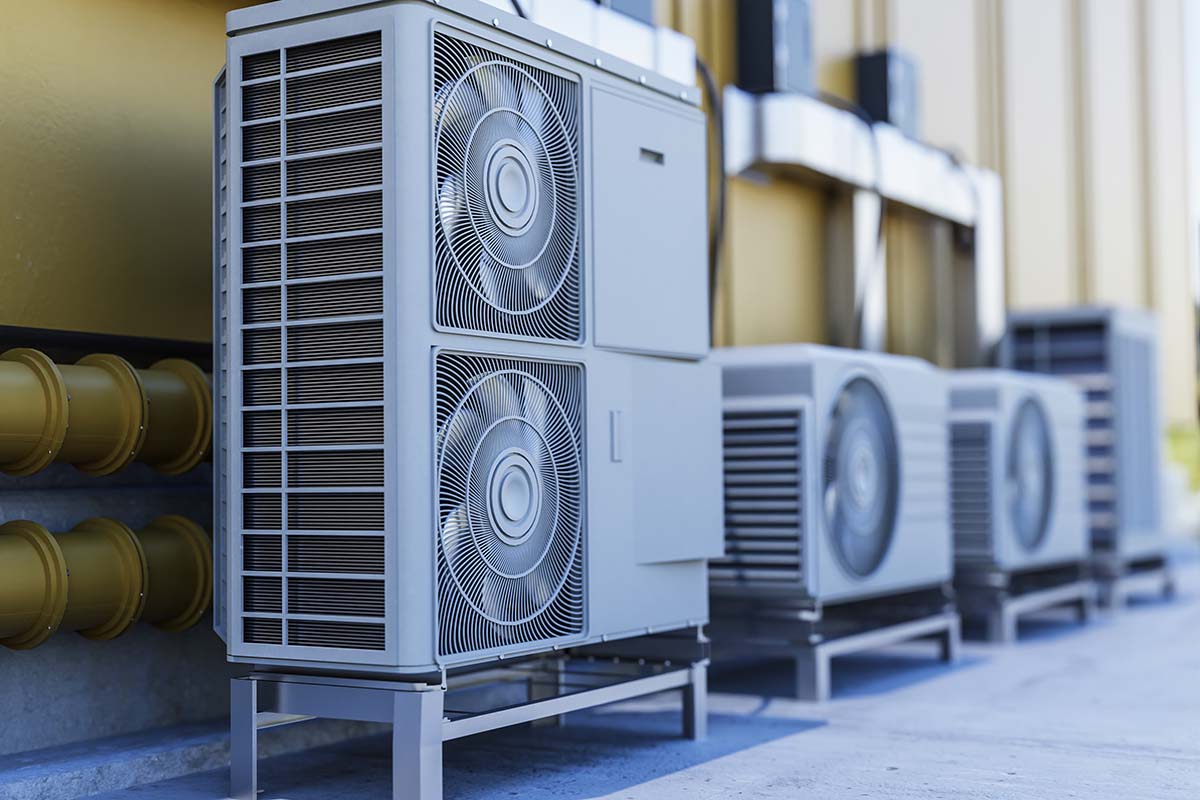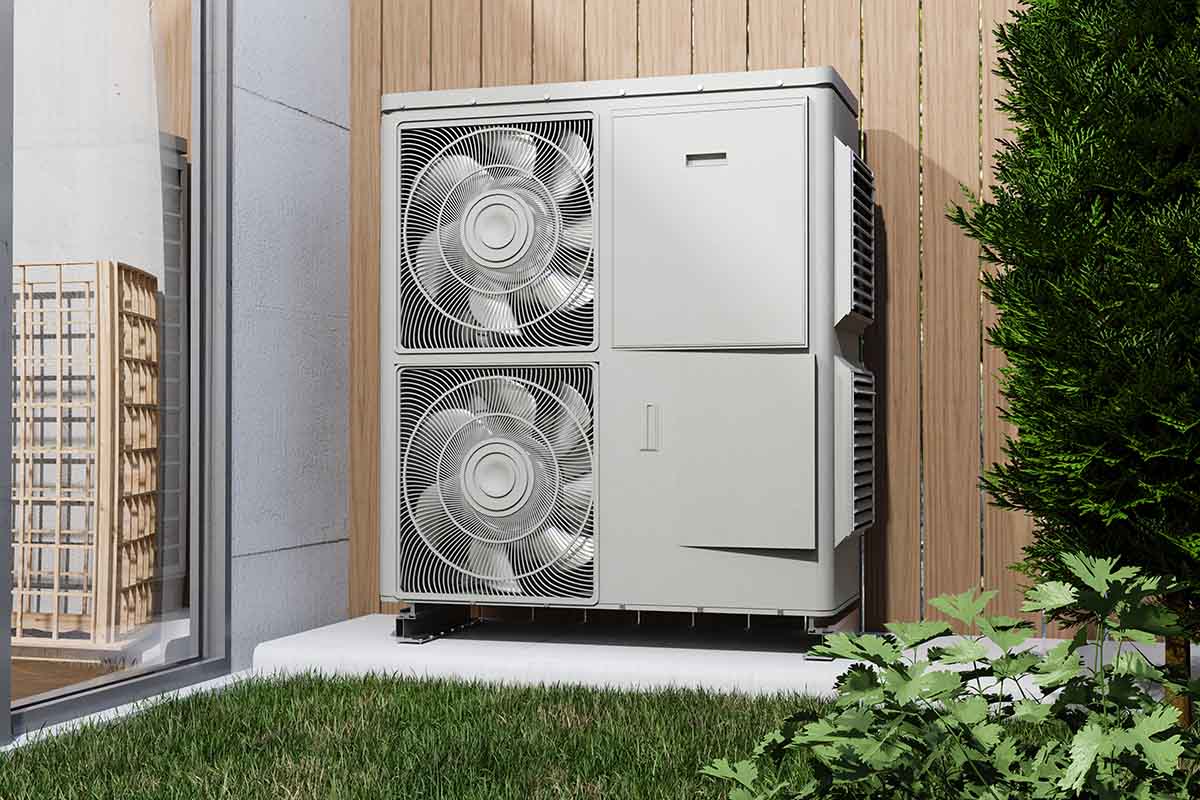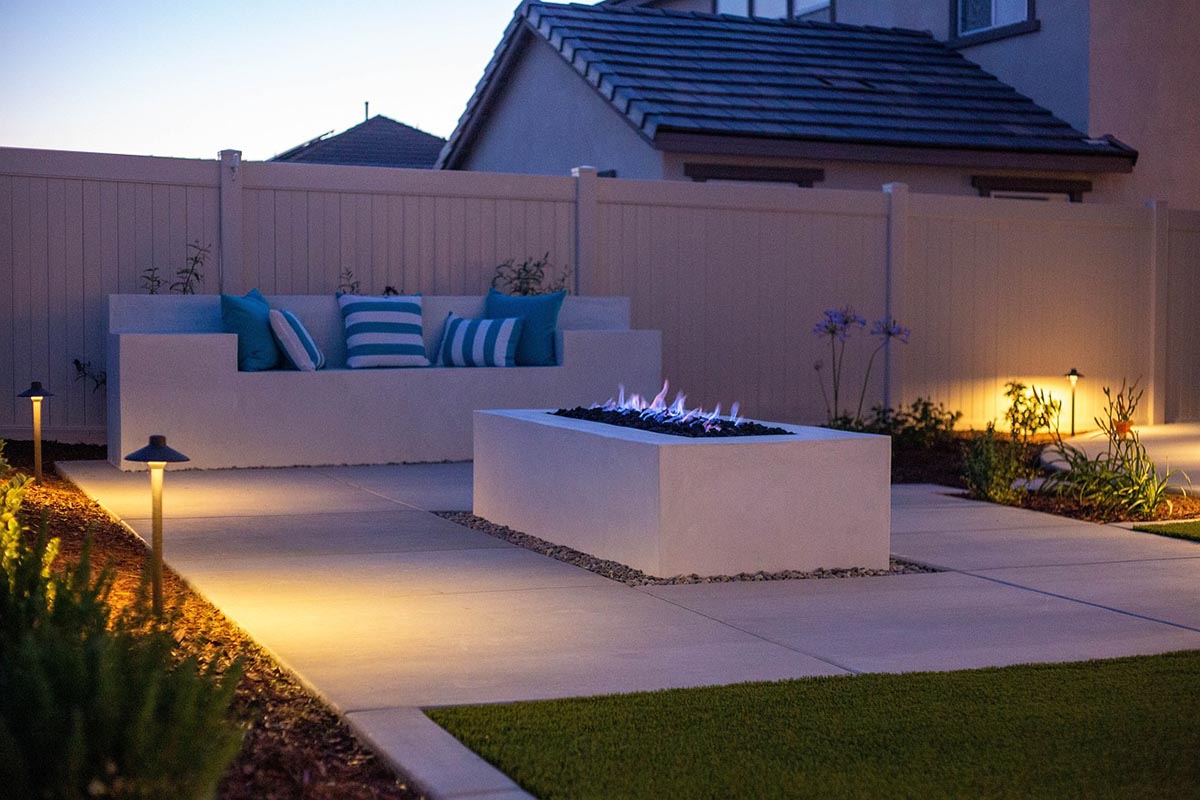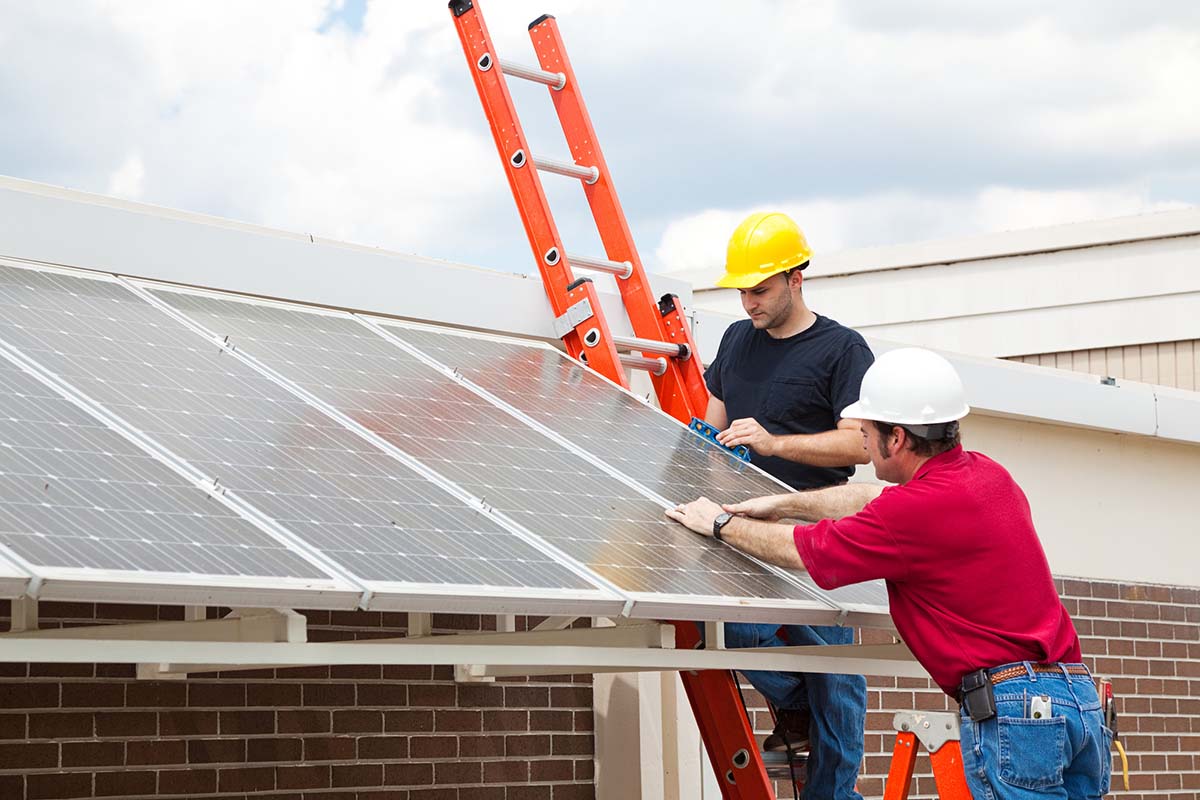The choice of heating systems is critical to reducing carbon footprints and energy costs as households increasingly emphasize sustainable and energy-efficient alternatives. The air-to-air heat pump stands out among the cutting-edge possibilities as an exciting substitute for traditional heating techniques.
Taking a deep dive into air-to-air heat pumps, this article examines their operation, advantages, drawbacks, and general suitability for residential applications.
When considering upgrading their heating system, homeowners may make an informed choice by looking at the special features of this technology.
How does an Air-to-Air Heat Pump work?
Air-to-air heat pumps use the laws of thermodynamics to produce heat, in contrast to conventional heating systems that rely on electrical resistance or burning fossil fuels to do the same. These devices bring heat from the outdoor air in to warm the living area.
The air source heat pump draws heat from the ambient air outside, compresses it to raise its temperature, and then releases the heat into the building’s interior using a refrigerant cycle. In the summer, the procedure can be turned around so that the system can provide cooling by moving heat from within to outside.
Benefits of Air-to-Air Heat Pumps: Energy Efficiency
Due to their great efficiency, air-to-air heat pumps can generate more heat energy than they require in terms of electricity. These systems can save much energy compared to conventional heating techniques by utilizing renewable thermal energy from the air.
Cost Savings
Air-to-air heat pumps can assist homeowners in lowering their heating costs due to their high efficiency, which results in long-term cost savings. Some regions’ incentives and rebates for installing energy-efficient heating systems further the financial advantages.
Versatility
An air-to-air heat pump’s heating and cooling functions are combined into one unit. Since there is no longer a need for separate heating and cooling units, installation, maintenance, and system administration are all made simpler.
Environmental Friendliness
Air-to-air heat pumps emit fewer greenhouse gases than heating systems that rely on fossil fuels since they use the renewable energy found in the air. Homeowners that choose for this technology lessen their environmental footprint and contribute to a greener future.
Considerations and Limitations
Even though air-to-air heat pumps provide a lot of advantages, you should think about the following things before choosing if they are the best option for your house:
Climate Suitability
Air-to-air heat pumps perform well in mild to moderate settings where the outside temperature does not frequently fall below freezing. The effectiveness of the heat pump may drop in colder climes, necessitating backup heating or additional heating techniques.
Installation Requirements
A suitable outdoor location for the unit and enough airflow within the home are requirements for air-to-air heat pumps. To maximise the system’s effectiveness, proper insulation and weather sealing are also essential.
Noise Levels
Some air-to-air heat pumps, especially the outdoor unit, have the potential to be noisy while operating. When it comes to a location near habitations or adjacent properties, homeowners should consider minimizing noise disruptions.
Is an Air-to-Air Heat Pump Right for You?
Several variables, such as climate, energy efficiency objectives, budget, and lifestyle preferences, determine whether an air-to-air heat pump is appropriate for your home.
An experienced HVAC technician can help you determine your unique needs and direct you toward the best heating option. They are able to check your home’s insulation, determine whether an air-to-air heat pump is feasible, given the local environment, and offer solutions depending on your needs.
Is Air-to-Air Heat Pump the Right Choice for Home: Conclusion
Air-to-air heat pumps are a cutting-edge and green heating option for homeowners looking to save money, reduce energy use, and lessen their carbon footprint. Their many advantages, such as energy efficiency, adaptability, and cost savings, make them a compelling alternative worth considering, even though they might not be appropriate for every environment or house.
You can decide whether an air-to-air heat pump is the best option to make a comfortable and sustainable living environment for you and your family by carefully examining your home’s unique requirements and seeking professional guidance.




















